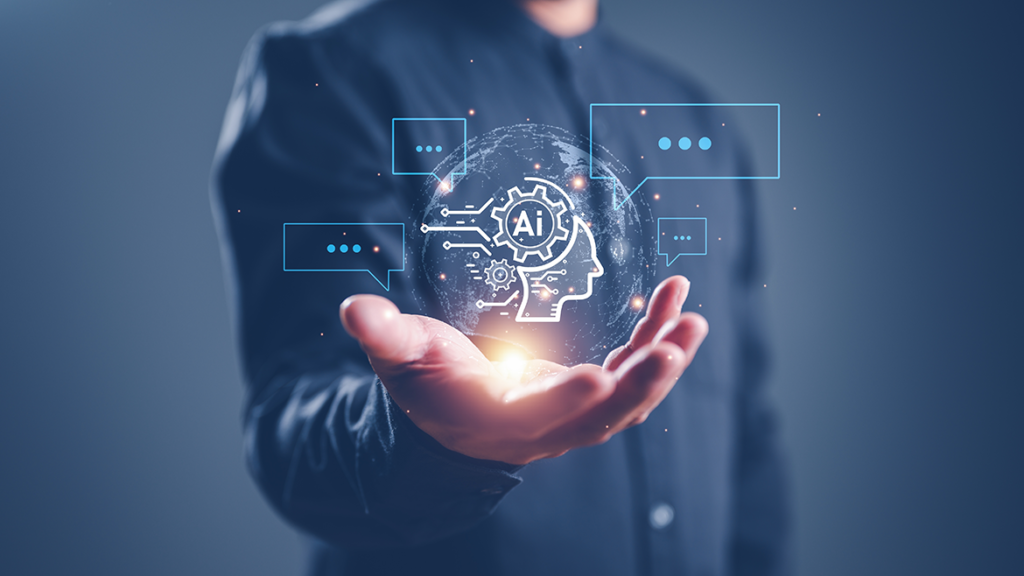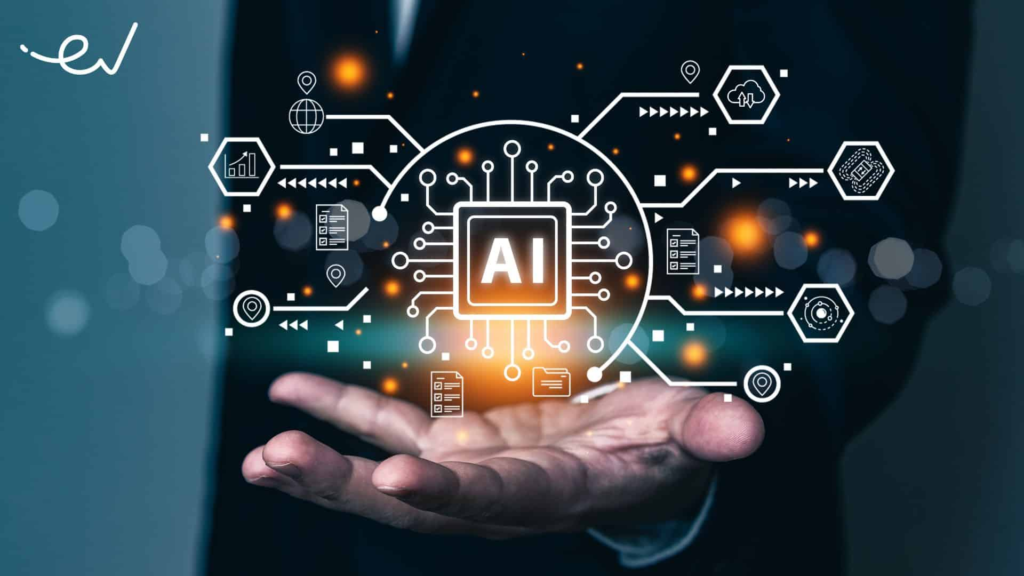India is rapidly emerging as a global leader in Artificial Intelligence (AI), with a strategic focus on integrating cutting-edge technology across key sectors such as agriculture, healthcare, education, and government services.

A recent report by the Boston Consulting Group (BCG), based on data from 73 economies, highlights India’s impressive rise in the AI landscape, securing its position as the second-largest hub for AI specialists globally and third in research publications.
The country’s growing strength in AI-related patents further reinforces its potential to reshape industries, making it a key player in the future of AI development.
India’s AI Readiness: A Global Benchmark
One of the standout findings of the BCG report is India’s ranking as one of the top ten countries in terms of AI readiness. This “readiness” refers to an economy’s ability to effectively implement and integrate AI technologies. India’s significant strides in AI adoption across various sectors reflect the nation’s ability to lead in this space.
According to Saibal Chakraborty, India Leader for BCG’s Technology and Digital Advantage Practice, the country’s journey into becoming an AI contender highlights its proactive approach to integrating AI into vital sectors such as agriculture, education, and healthcare.
“India holds immense potential for transforming the public sector through AI,” said Chakraborty, pointing out the country’s strong foundation in AI research and skilled specialists.
AI Exposure Across Key Sectors

India’s AI potential spans across various key sectors that contribute significantly to the nation’s GDP. Business services, which account for 16% of GDP, have high exposure to AI. The integration of AI can improve administrative efficiency, streamline government operations, and enhance decision-making processes.
Retail and wholesale, contributing 10% to GDP, stand to benefit from AI in optimizing public distribution systems and improving supply chain management, thus reducing wastage and ensuring more efficient distribution of goods.
AI’s impact could also be transformative in public services, which represent 6% of GDP. Here, AI could improve service delivery and response times in emergencies, creating a more responsive and efficient public sector.
Agriculture, forestry, and fisheries, contributing 17% to India’s GDP, are poised for substantial gains from AI through precision farming techniques and risk assessments, driving productivity improvements. The construction sector, contributing 8% to GDP, can harness AI for infrastructure planning, asset maintenance, and optimizing urban development projects.
Similarly, the arts, recreation, and personal services, also contributing 8%, can see improvements in public facility management through AI-driven solutions.
Key Steps for AI Implementation
To realize its AI potential, India needs to adopt a comprehensive approach to strengthen its AI ecosystem. As Chakraborty emphasized, investing in infrastructure, research hubs, cloud capabilities, and data systems is crucial. Expanding AI education in rural areas and fostering public-private collaborations will be pivotal in creating a robust AI workforce.
Further, the report stresses the importance of regulatory frameworks to ensure the ethical use of AI technologies, addressing potential biases and fostering responsible AI adoption. Policymakers must act decisively to build resilience, enhance productivity, create jobs, and improve competitiveness in an AI-driven world.
Aparna Bharadwaj, Managing Director at BCG, urged policymakers to take proactive steps in preparing India for the transformative effects of AI. She highlighted that such measures would enhance India’s global competitiveness, improve public services, and contribute to a more modernized, resilient economy.
India’s Future in AI: A Transformational Leap

With its growing AI talent pool, substantial research output, and sectoral focus, India is well on its way to harnessing AI for national progress. The country’s AI journey is not only about technological innovation but also about improving the quality of life for its citizens, creating smarter government systems, and paving the way for sustainable economic growth.
The BCG report underscores that India holds a unique opportunity to lead the AI revolution, provided it invests strategically in the right areas—AI research, workforce development, and ethical AI practices.
As India continues its march toward becoming an AI powerhouse, it will undoubtedly play a crucial role in shaping the future of global AI trends and innovations.





